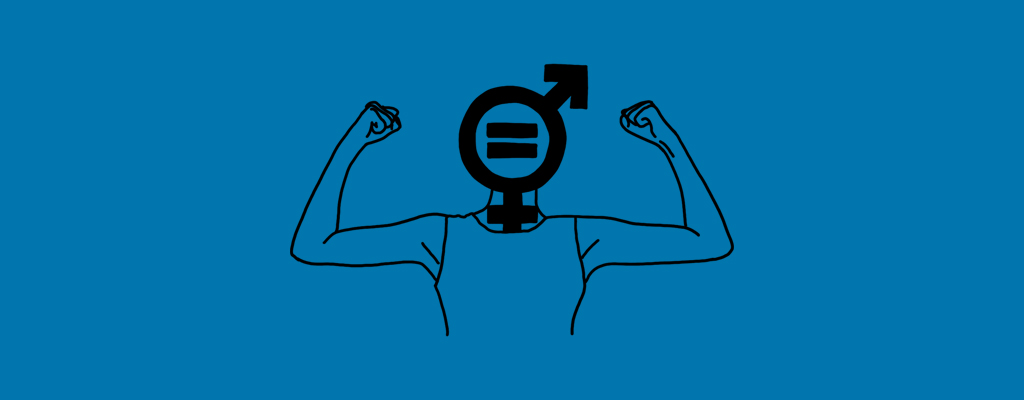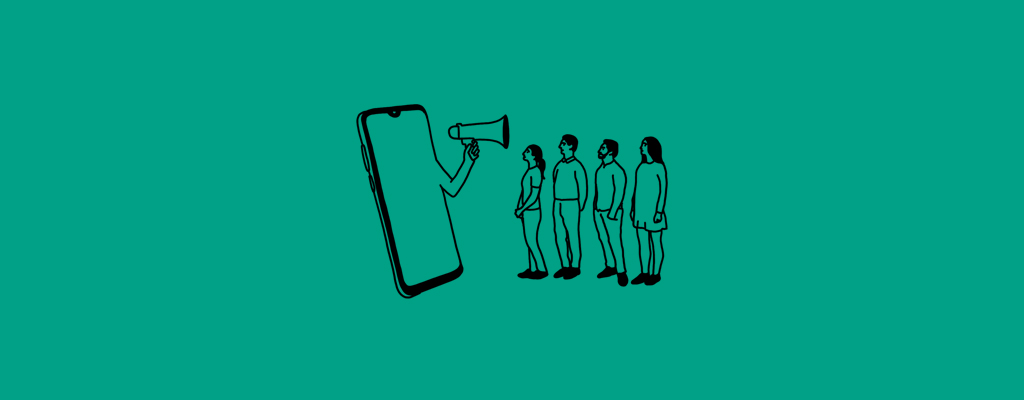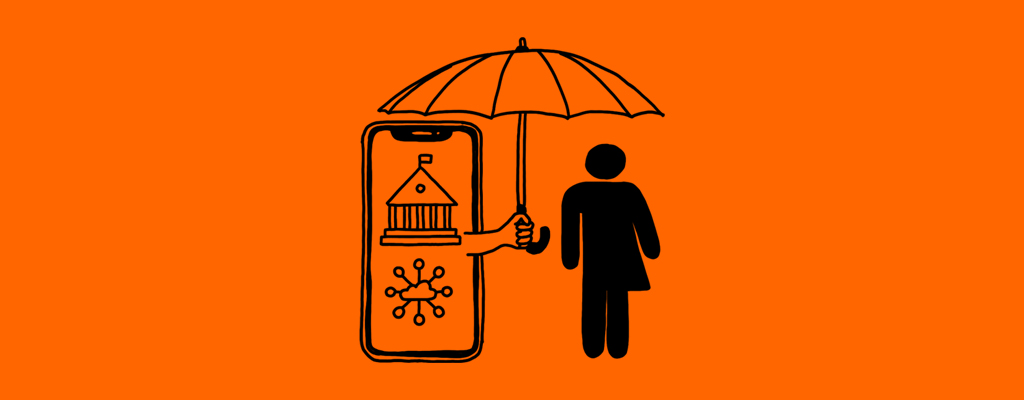Gender equality in the digital world is very much a main goal of our immediate future. We talked about it to gain insight of the present obstacles and learn about what the incoming years might bring.
“I believe that diversity is key in all fields of research”.
Verónica Peinado is Chief of Operations and responsible for the flight software of MEDA, the weather station aboard the Perseverance rover that arrived on Mars on February 18. Developed at the Spanish Astrobiology Center (CAB), associated with the NASA Astrobiology Program. She is also part of the software and operations team for other NASA instruments on Mars: REMS aboard Curiosity or TWINS aboard Insight.

“With the tech industry dominated by young white men, I believe these biases will persist”.
Kristin Heffernan is an expert in gender biases in welfare systems. She received her Masters of Social Work in 1996 from Fordham University and is currently a full professor at Brockport College, State University of New York. She was a member of the Massachusetts Coalition for Sexual Assault and Domestic Violence and went on to get her PhD in Social Work at Boston College. After graduating she went to teach at Royal Holloway, University of London from 2003-2009, thus developing a more global perspective on gender biases in welfare systems.

“Amnesty International pioneered online activism almost 20 years ago, when we collected 2,300,000 signatures online to prevent two women from being stoned to death in Nigeria.”
Maribel Tellado García works at Amnesty International Spain since 2007. As Campaigns for Mobilization Deputy Manager, one of her responsibilities is coordinating Amnesty International’s global campaigns and promoting the strategic mobilization of the organization throughout the Spanish territory.

In developing countries, women are key to social transformation, and in more developed countries, they do not have as much access to careers in the technology sector as men do. This means that technology is lacking, both in use and in design, the participation of women.
Director of Telecommunication Development Bureau at International Telecommunication Union (ITU), Doreen Bogdan-Martin, talks about how technology can transform women’s lives worldwide.
“If we let men build systems that women use it is likely that the outcome is not optimal in terms of achieving gender equality”.
Christiaan van Veen is the director of the Digital Welfare State and Human Rights Project at NYU Law. The Project was established in 2019 to advance the understanding of the advent of the digital welfare state and its implications for human rights. He also serves as Special Advisor on new technologies and human rights to the United Nations Special Rapporteur on extreme poverty and human rights.
